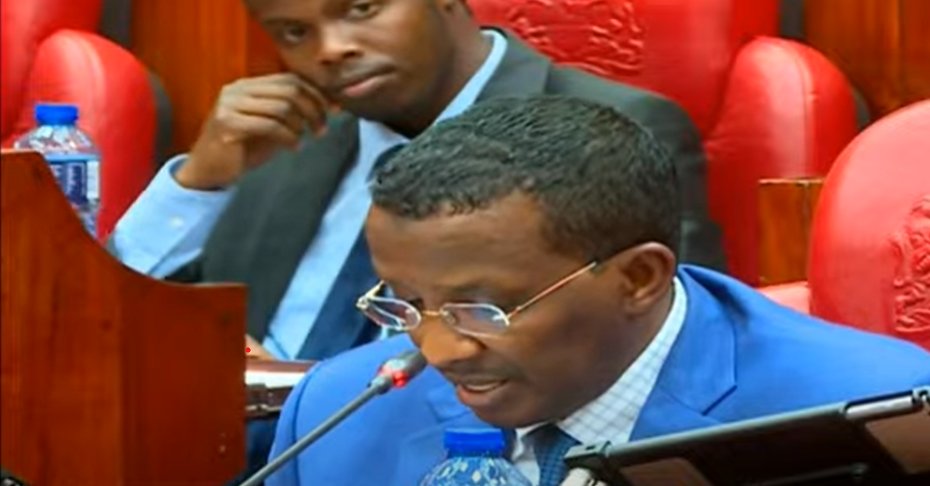
We're severely under-facilitated, Ipoa boss says
Ipoa still depends on the Interior ministry to approve it's funding
Ipoa says cops not supported during protests, going without food, water, allowances
In Summary
 Independent Police Oversight Authority (IPOA) chairperson Issack Hassan.
Independent Police Oversight Authority (IPOA) chairperson Issack Hassan.Police face increasing public hostility from recent protests, but a new Ipoa report shows they are failed by their own leadership as their welfare and protest safety deteriorate.
The Independent Policing Oversight Authority has raised the alarm over the welfare of officers deployed to manage protests, saying they are being left to fend for themselves without basic support such as food, water or allowances.
In its “Monitoring Report on Police Response to Public Protests, June and July 2025”, Ipoa paints a grim picture of the working conditions officers endured during Gen Z-led demonstrations.
The oversight agency said deployed officers were not provided with meals or hydration during long hours in the field, despite facing violent crowds, chaotic scenes and life-threatening conditions.
“The Inspector General of Police should allocate a sufficient budget to ensure meals, water and allowances are provided for police officers deployed to provide security during protests,” the report recommends.
Ipoa’s findings stem from its monitoring of protests that occurred on June 12, 17, 25, and July 7 this year in several parts of the country.
The report also highlights the trend of increasing police injuries during protests, despite their training and despite being armed.
It says by July 23, 171 police officers were injured. That’s
besides 65 civilian deaths and 342 civilian injuries it also documented.
It is the not the first time Ipoa has raised concern over the general welfare of police officers.
For example, its Inspection Report on Police Infrastructure and Detainee Welfare published in 2022 detailed lack of basic amenities in stations. It said many stations lack offices for station commanders and their deputies, as well as offices for anti-crime branches.
Some armouries were described as being in "awful" or "rundown" states.
Ipoa also cited lack of offices for officers in charge of residential areas (police lines). It identified major welfare concerns, including inadequate funding for welfare.
Poor welfare conditions, coupled with inadequate staffing, hinder Ipoa’s own mandate to investigate complaints and can slow investigations into police misconduct, it said.
The recent protests also resulted in widespread destruction of public and private property, including the looting and vandalism of businesses, government buildings, police stations and vehicles.
Yet, despite these harsh conditions, Ipoa found police officers were deployed with minimal logistical support. They were not only physically exposed but also psychologically unprepared and unsupported, a situation the authority says could compromise both officer safety and the quality of policing.
The report also faults the police handling of protests. Ipoa accuses the National Police Service of unprofessional conduct, including the use of excessive and disproportionate force, failure to uphold public safety and violations of legal procedures. Notably, the authority flagged the June 25 protest for serious abuses.
“The authority documented lack of professionalism, use of disproportionate force, and failure to uphold public safety and rights during the protest on June 25,” the report reads.
Ipoa cited instances in which commander officers refused to accept official notices of planned protests — contrary to the requirements of the Public Order Act.
This, the authority says, not only undermined legal protest protocols but also escalated tensions between demonstrators and police.
To address the problems, Ipoa issued a list of recommendations. These include increasing the police budget to cater to welfare needs during deployments, clearly marking police vehicles and personnel for accountability, and improving the officer-to-citizen ratio from the current 1:600 to the recommended 1:450 through a recruitment drive. A drive to recruit 10,000 officers is planned this year.
Instant analysis
As protests continue to test the limits of Kenya’s policing system, Ipoa’s findings highlight a critical need for reform—not just in crowd control tactics, but in how the nation treats those tasked with maintaining law and order.

Ipoa still depends on the Interior ministry to approve it's funding